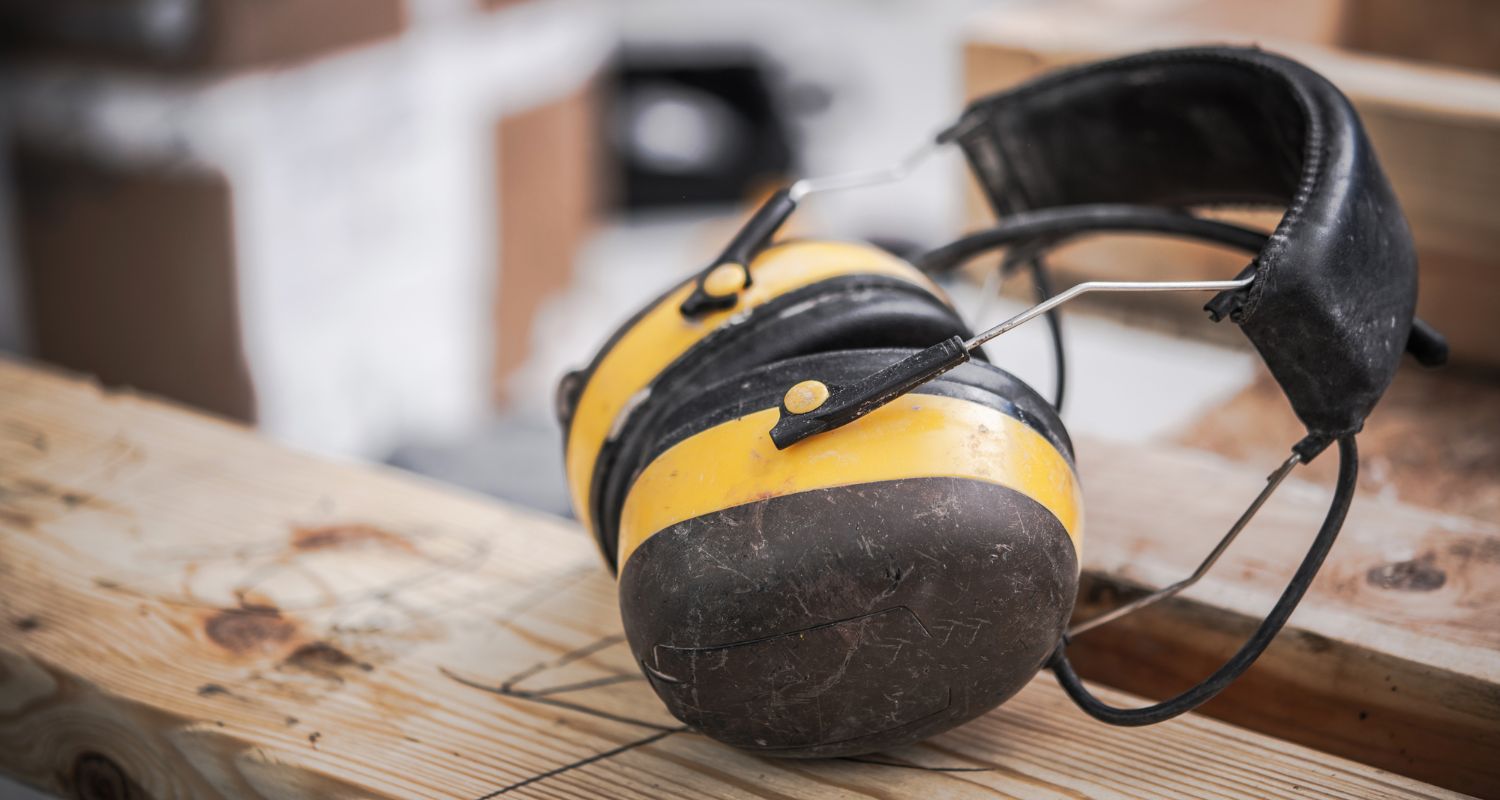Working with Hearing Loss

Hearing loss is the third most common medical condition in the United States, affecting 48 million Americans. Did you know that it is also a prevalent condition in workplaces?
According to the Occupational Safety and Health Administration (OSHA), twenty-two million workers are exposed to potentially damaging noise at work each year. It is estimated that 60% of the American workforce experiences hearing loss.
The National Institute for Occupational Safety and Health (NIOSH) recommends an exposure limit of 85 decibels for no more than 8 hours. Recent assessments conducted by NIOSH have revealed that 40 years of exposure to 85 decibels at 8 hours a day poses an 8% risk for developing hearing loss – compared to the 25% risk with 90 decibels in a work day. This is a considerable reduction in risk, with just five fewer decibels in the workplace.
Today we’ll explore noise-induced hearing loss on the job and accommodations your employer should provide if you have already experienced hearing loss.
Noise-Induced Hearing Loss at work
Noise-induced hearing loss is one of the most common forms of hearing loss. It is considered a sensorineural hearing loss, as it interferes with how our brains receive sound. When we are exposed to loud sounds over an extended period, we could damage the hair cells of our inner ears. These cells are responsible for translating sound vibrations into neural signals registered by the brain as sound.
Over time, these hair cells are damaged, leading to permanent hearing loss. These cells do not regenerate – so once they’re gone, they’re gone forever. It is essential to protect our hearing while we’ve still got it.
Steps to take to prevent noise damage at work
You can get a sound meter from NIOSH on your phone. This sound meter measures the decibel level and volume of a place of business. If the noise level at your job is louder than 85 decibels and your employer doesn’t give you hearing protection, you should ask human resources for help.
If your employer gives you ear protection and rules, follow them while at work. This means you have to wear your custom ear muffs or ear plugs at work. These tools will protect your ears from loud sounds that could hurt you on the job.
Accommodations at work
If you have already experienced a hearing loss, your employer is required by the Americans Disabilities Act to accommodate your hearing needs. Reasonable accommodation for your hearing needs allows you to match the same performance levels as hearing co-workers in equal positions and enjoy the same benefits/perks of employment available to other employees. Additionally, the ADA protects you from on-the-job harassment about your hearing loss.
If you are currently on the job market, there are a few things you’ll want to know about how to approach hearing loss and accommodations. When interviewing for a job, you are not required to disclose your hearing loss.
Your potential employer may ask you if you can respond quickly in a noisy, fast-paced environment and if you can communicate effectively. However, if you require accommodations during your interview, you may request an interpreter or the use of an assistive listening device. Maybe you’ll have brought your device or your smartphone – new wireless hearing aids can wirelessly stream sounds amplified by the microphone directly to your ears.
These are all critical things to consider if you have hearing loss. Depending on the profession, your reaction time and ability to stay connected to your environment are crucial to the job and your safety. This is why the prescription of hearing aids is so beneficial! They keep you in the loop and assist with your ability to communicate by enhancing speech recognition.
Keep on top of your hearing health
The first step is to schedule an annual hearing test with us. A hearing test ensures that your hearing abilities are at their best. If a hearing loss is present, our audiologist will recommend hearing aids to treat your specific degree and configuration. Hearing aids help keep you in the loop, increase productivity in the workplace, and ensure that your communication skills are at their best. Contact us today!
